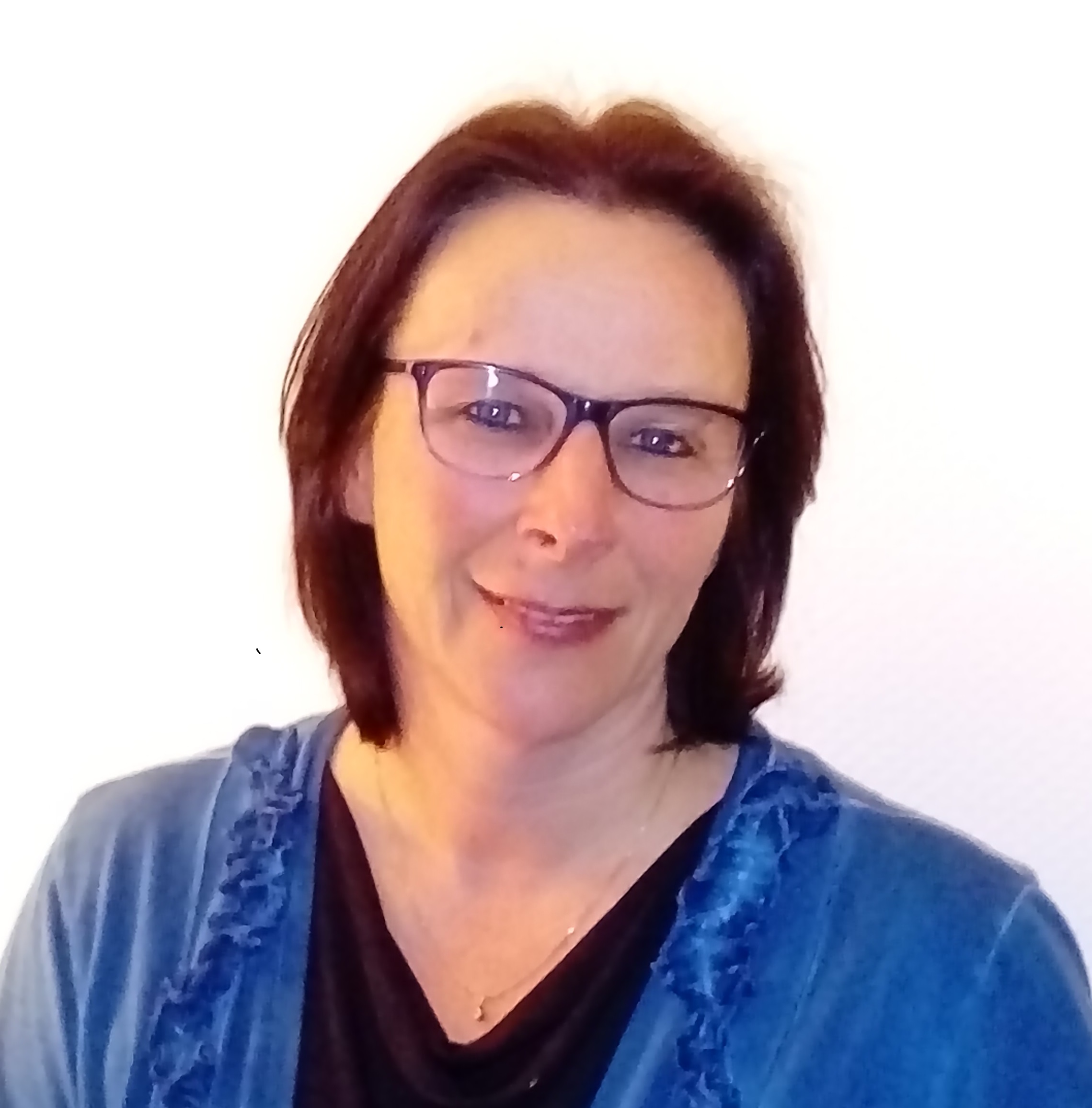The Pharmacy Game Newsletter

Who are you?
My name is Christa de Vries. I work as a pharmaceutical consultant/ practical skills lecturer during the Pharmacy Game, GIMMICS at the University of Groningen, The Netherlands. My work experience in the field of pharmacy started back in 1985. I have worked for many years as a pharmacy assistant, and since 2009, I have been part of the Pharmacy Game team in Groningen. In addition to that, I also work in a community pharmacy in Wolvega. I am mainly involved in quality management, coordination, and policy-related activities.
How did you get involved with the Pharmacy Game?
Before finishing my educational training as a pharmaceutical consultant, I came across an advertisement for support during the Pharmacy Game educational activities. That was an excellent opportunity to start working in education, as I already wanted to do it. At the time, the Pharmacy Game was still in the development phase. Together with my colleagues Claudia Dantuma (pharmacist) and Enisa Sehagic (pharmaceutical consultant), we continuously worked on the game's further development. Today, the Pharmacy Game is a course where the knowledge that the pharmacy students gained during their studies comes together to be shown during the game activities.
How many times have you participated in the game?
Assuming an average of 3 games per year, I arrive at about 40 games.
What do you like the most about the Pharmacy Game?
The best thing for me is the dynamics and hecticness that the game brings. When we start with game day in the morning, you do not precisely know how the day will go. There are always unexpected things that we have to anticipate. It is never dull, and there is always something happening!
Would you like to share some interesting moments you remember while playing the game?
There are so many moments I take away each year… This time I worked a lot with online pharmacies. In this case, they got orders of drugs, food supplements, or other products via an online platform. Students, who worked in those pharmacies, needed to understand patients’ problems and solve them by giving a pharmaceutical consultation. In these scenarios, I tried to confuse them with strange requests or conflicting personalities and it was very interesting to see, how they convince a patient to make the right decision. For example, I insisted on getting some preparation for gallstones and I had some quarrels with students before receiving the right medication. I was very impressed to see how they find the right solution and choose proper words to calm down these kinds of patients, which we have from time to time in real pharmacies.
Back to newsletter